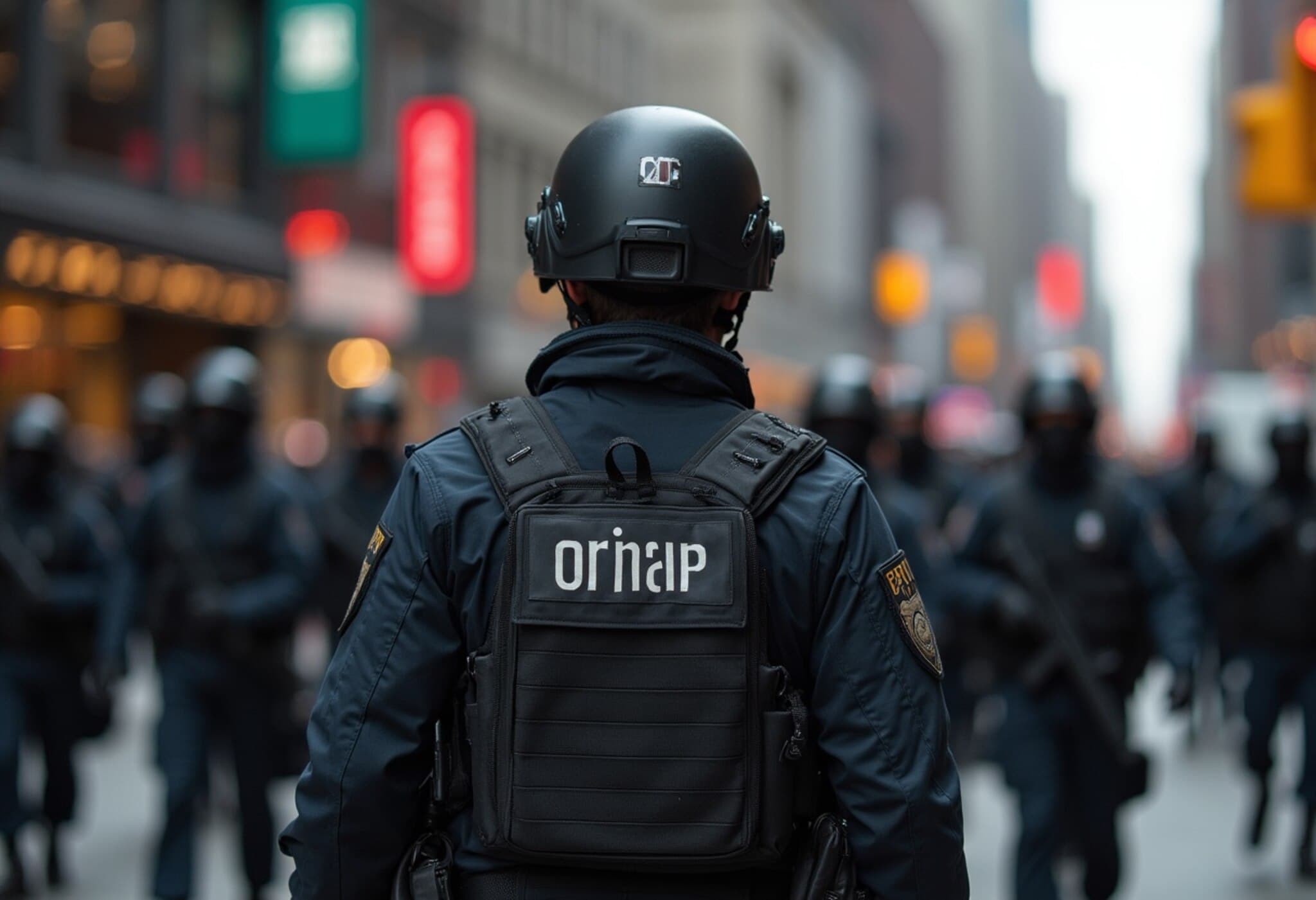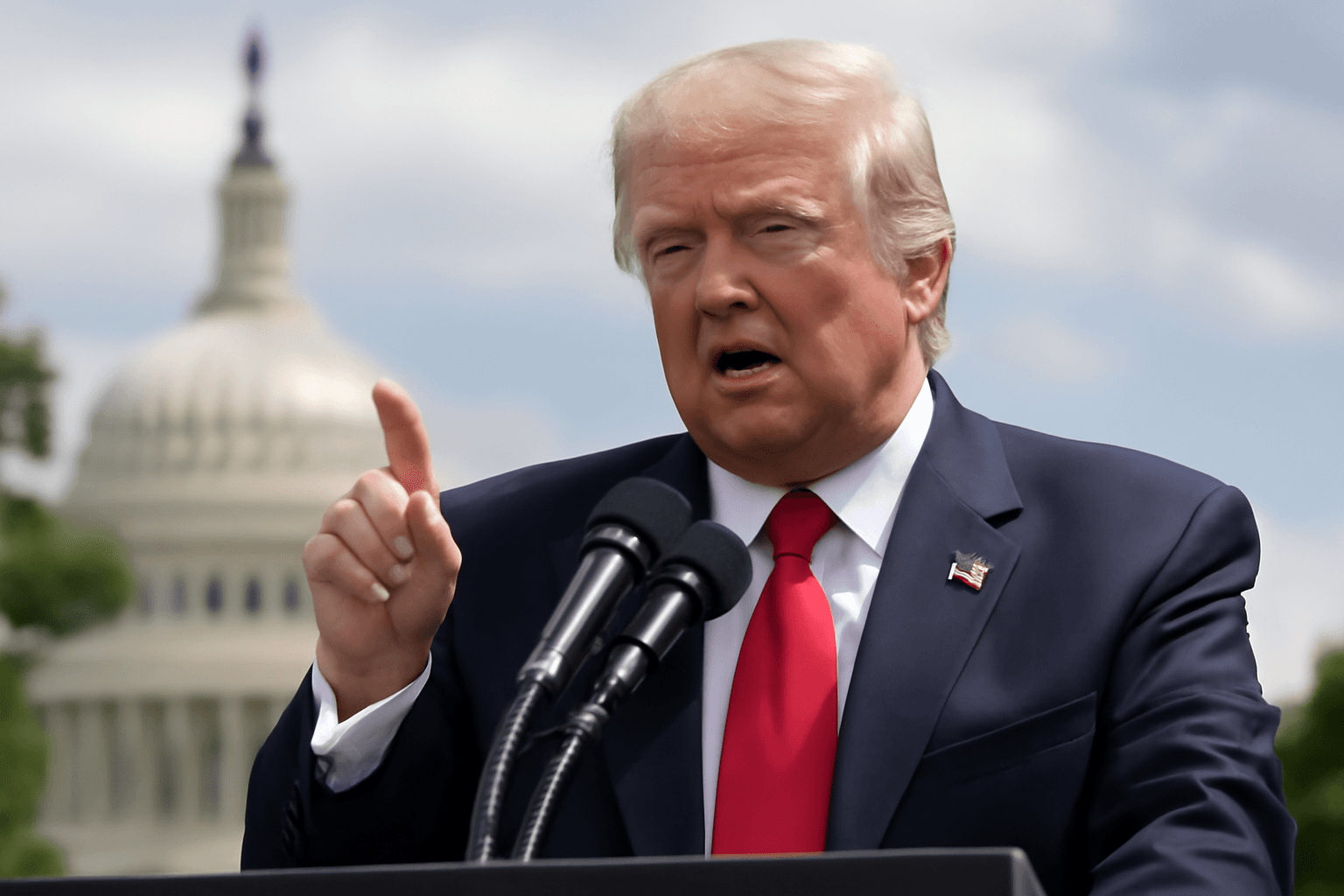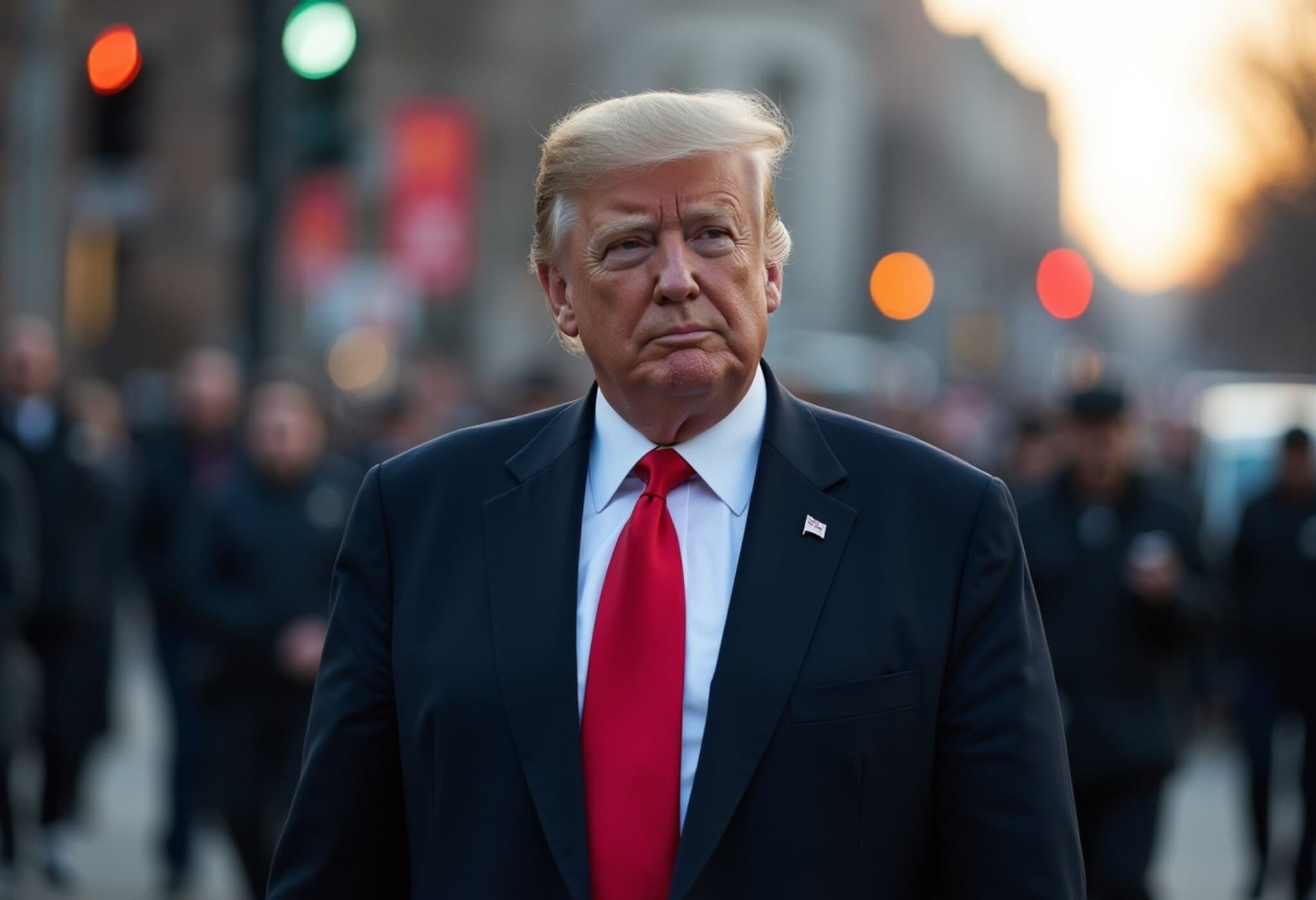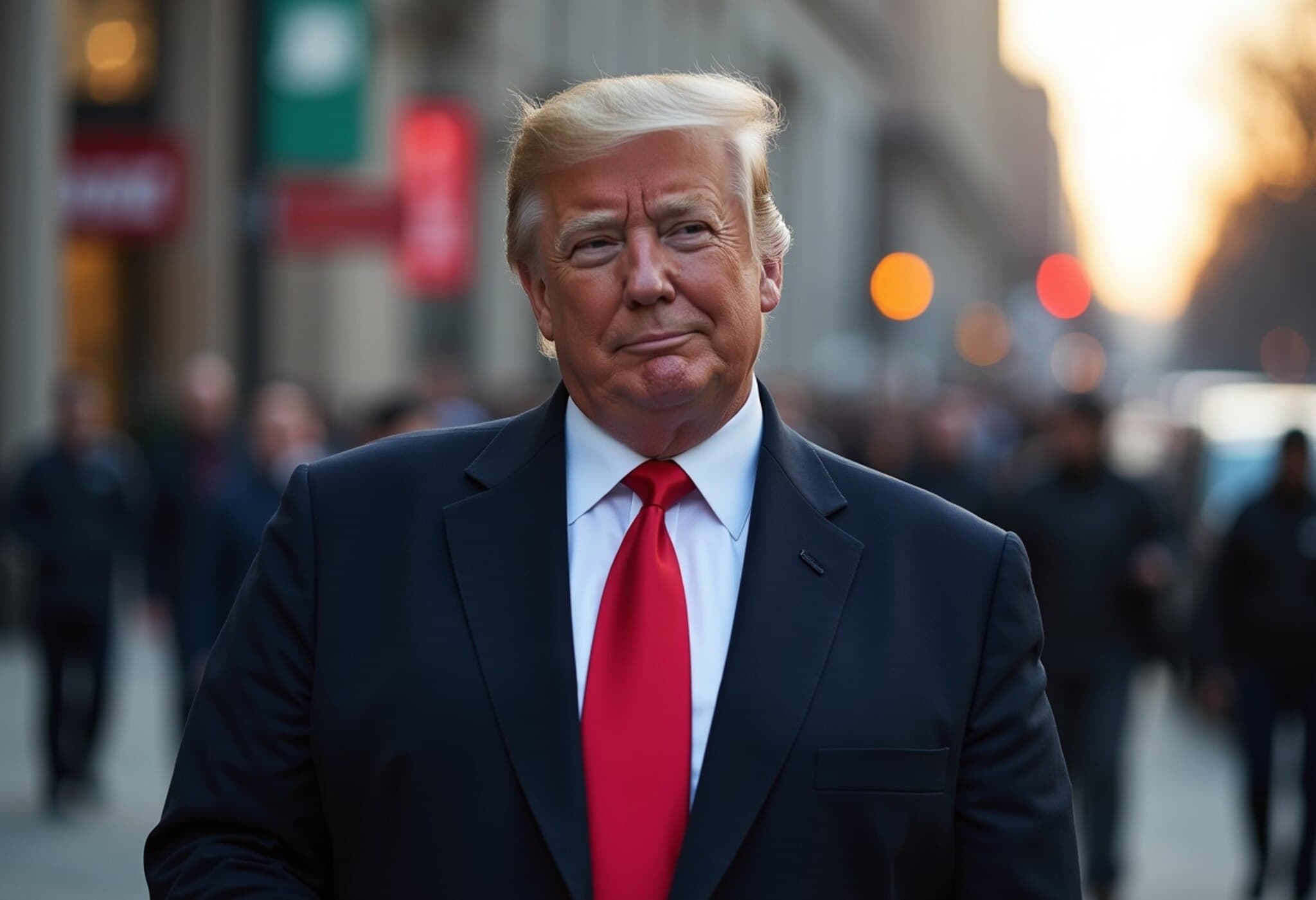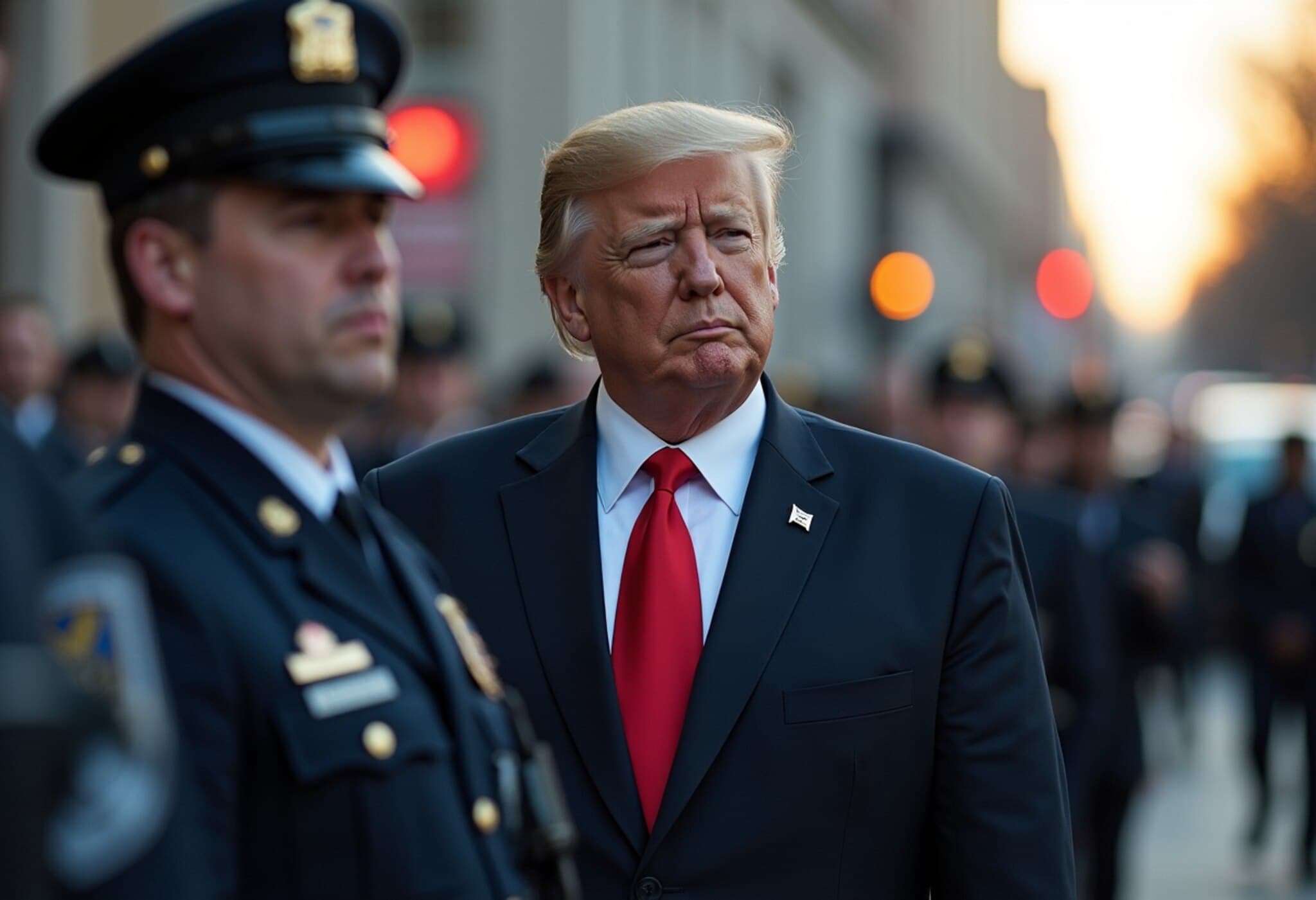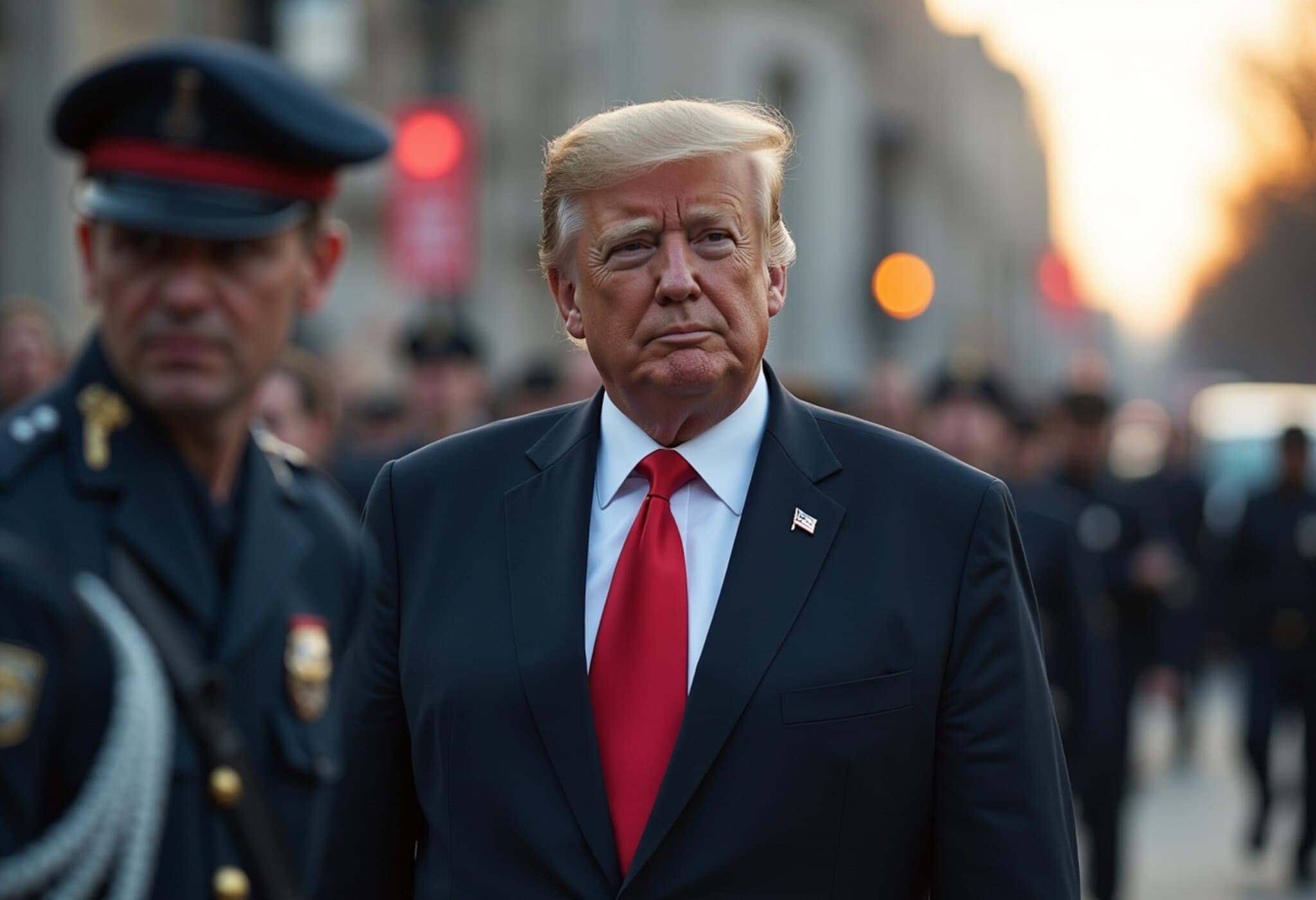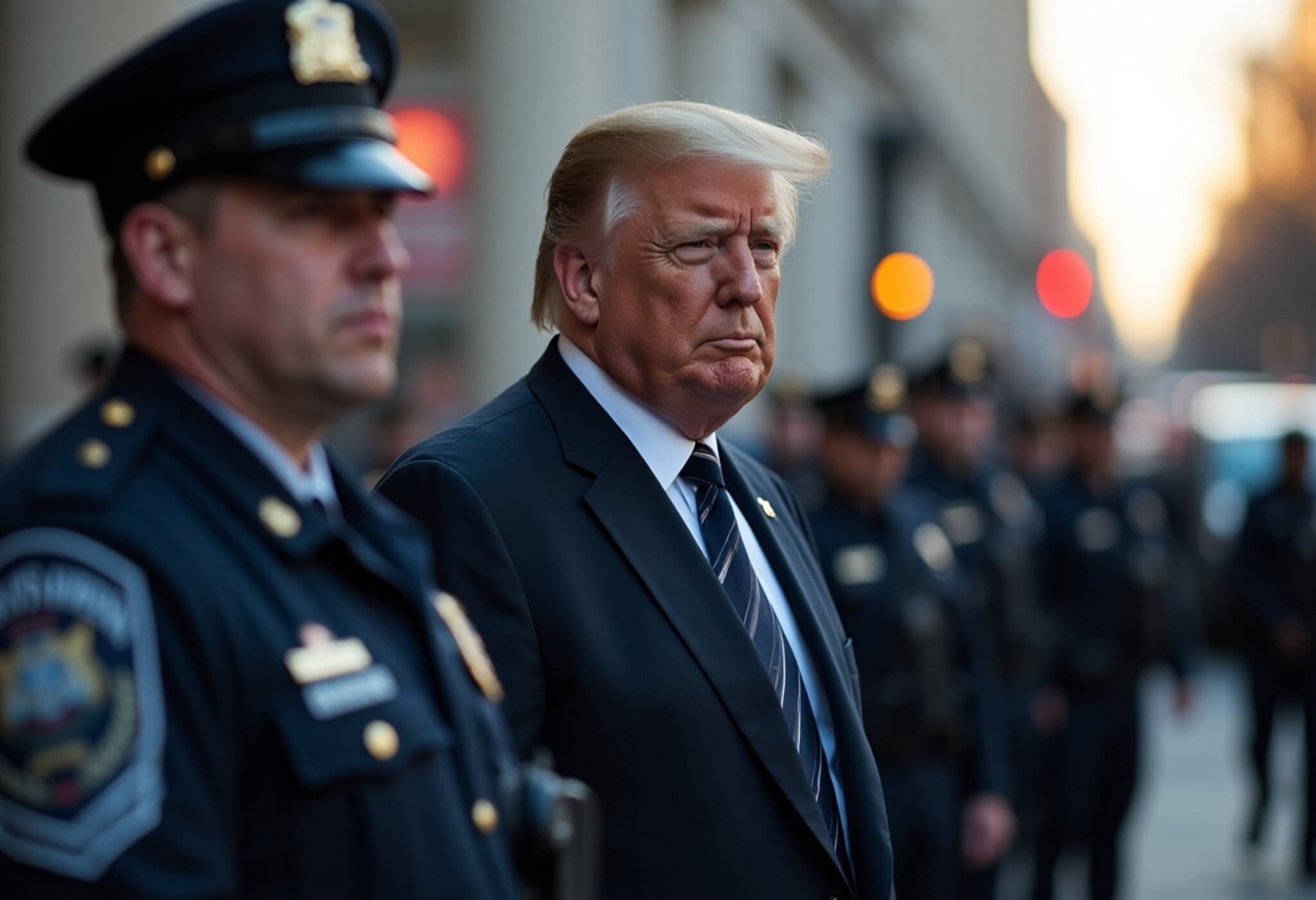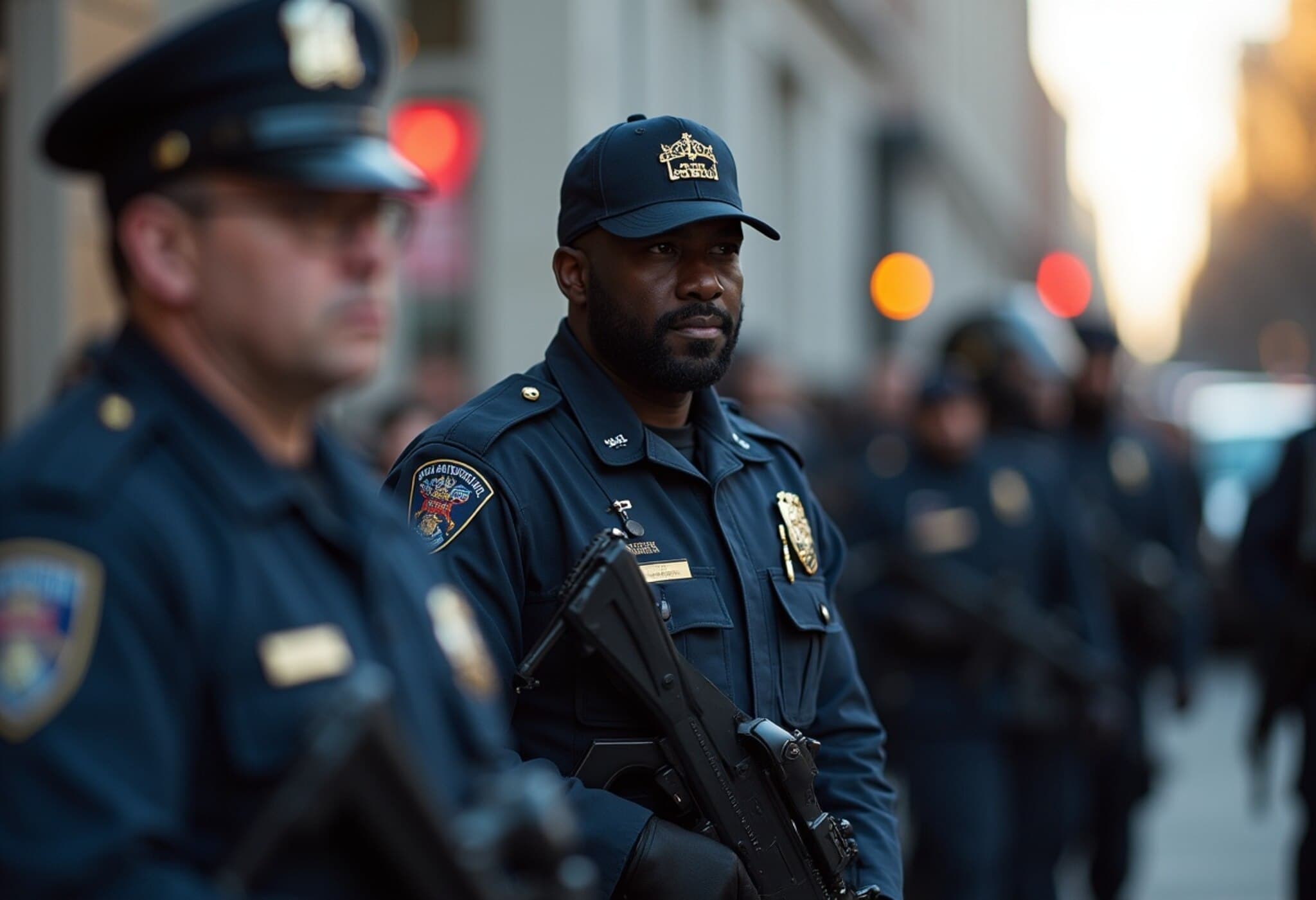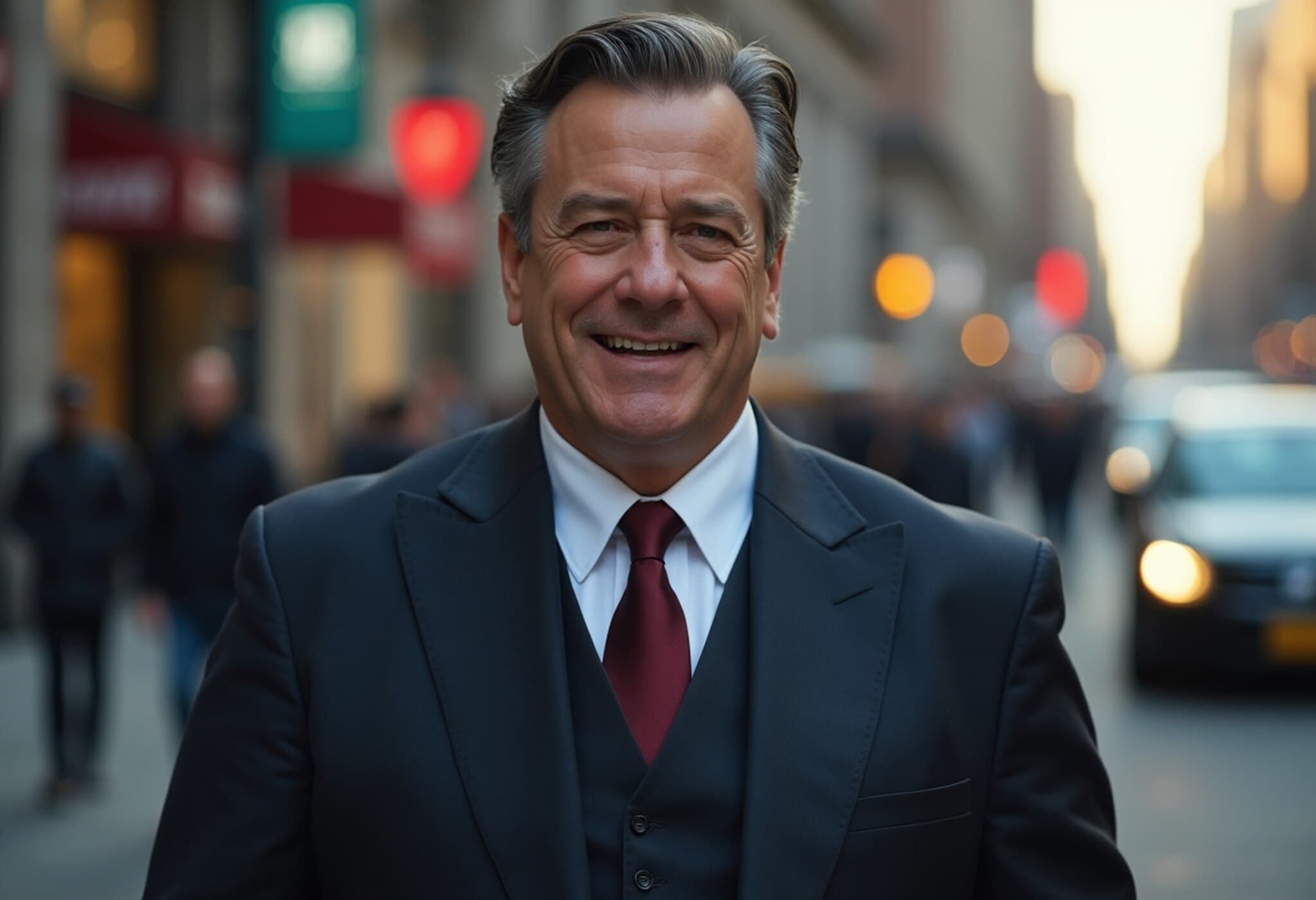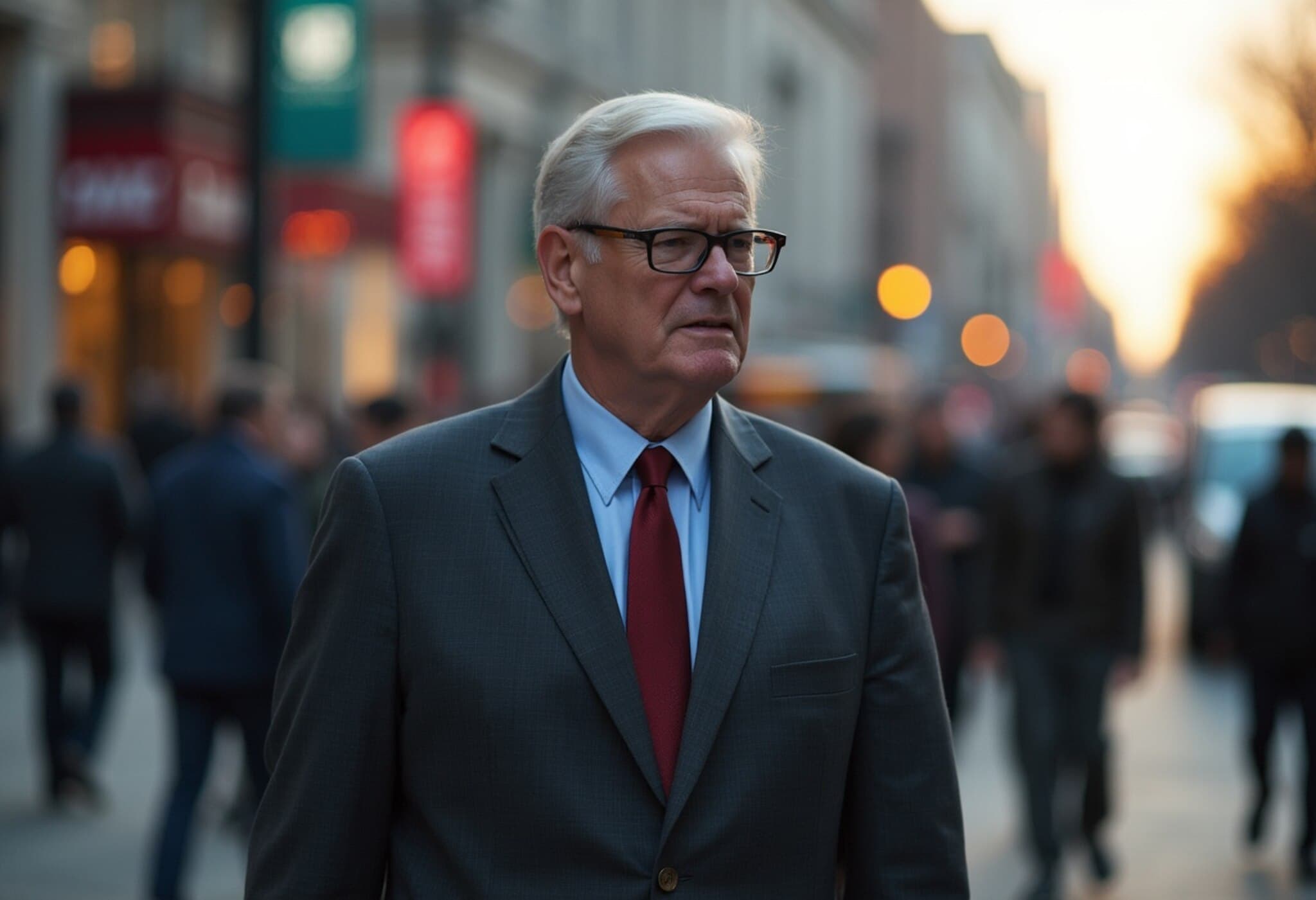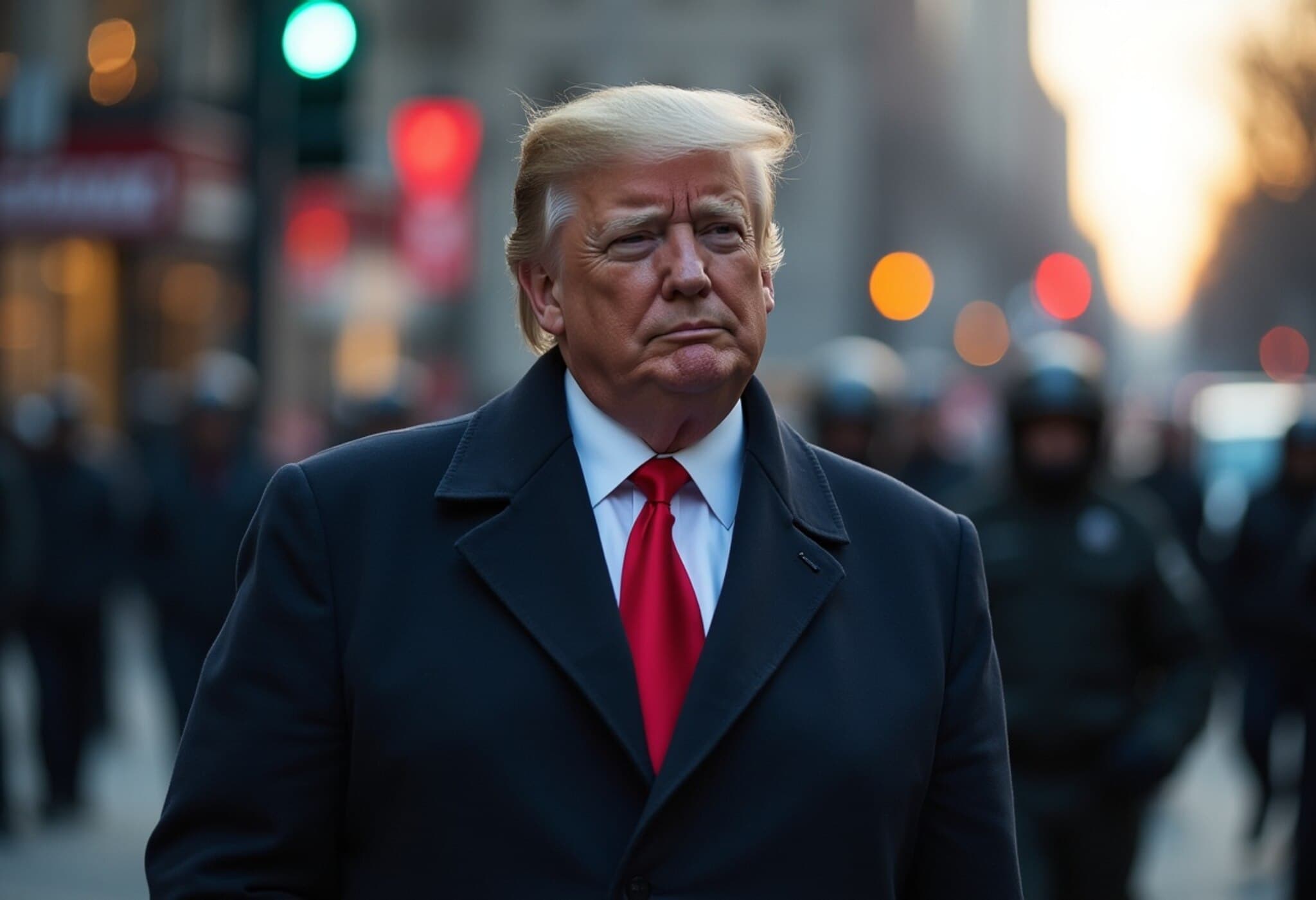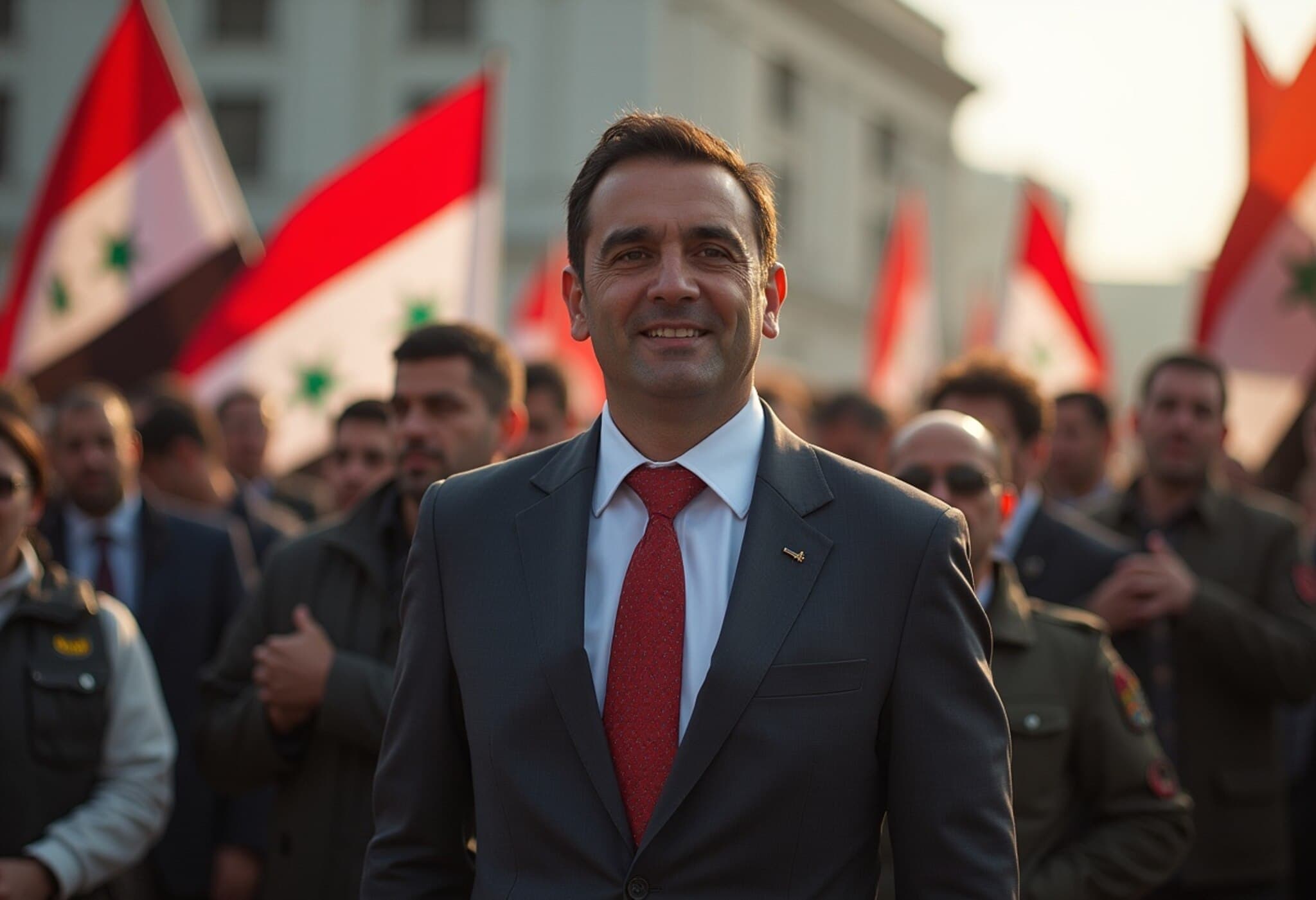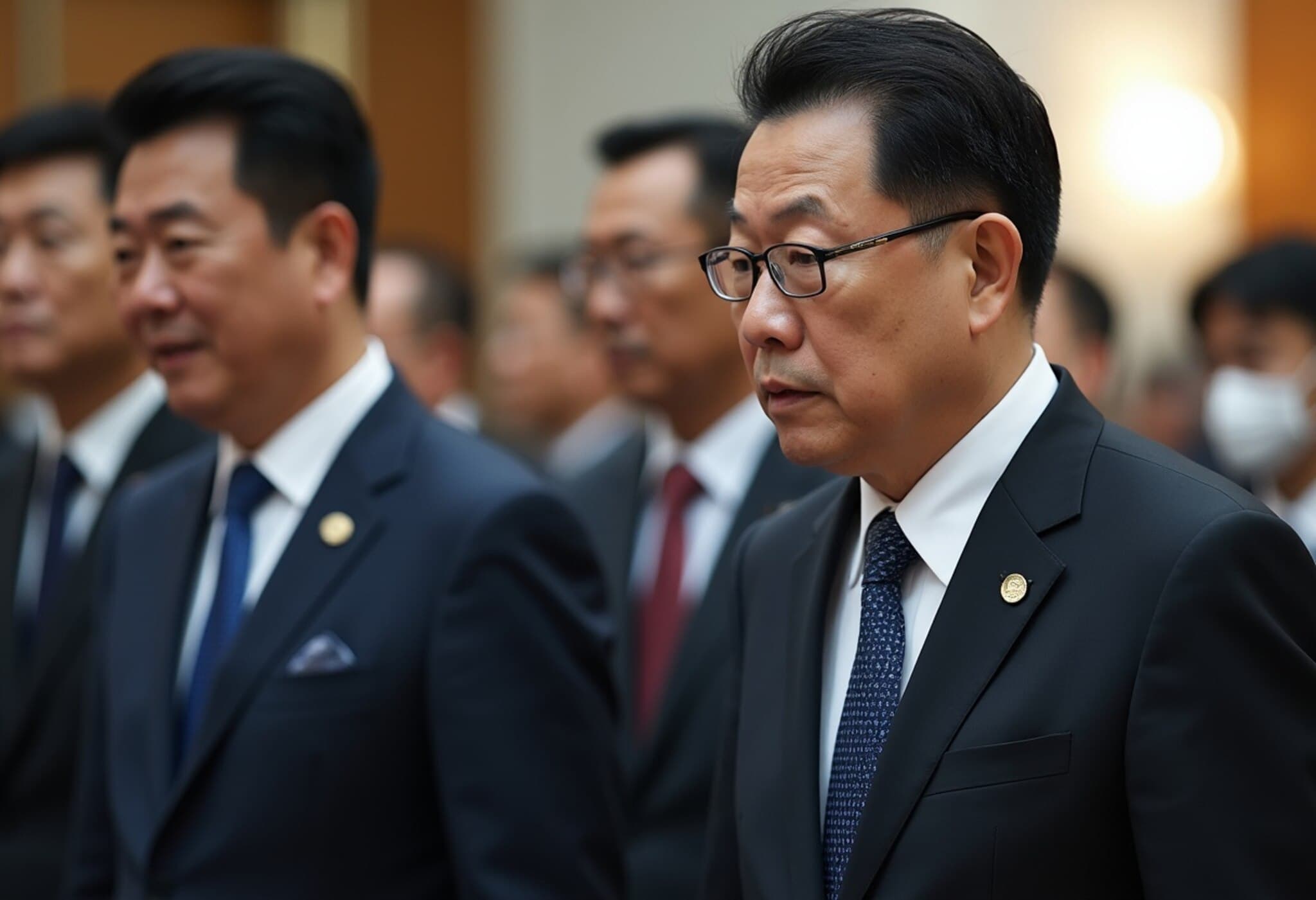Trump Administration Eyes National Guard Deployment in Chicago
In a move signaling an intensifying focus on urban crime and immigration enforcement, the Trump administration is reportedly weighing plans to deploy thousands of National Guard troops to Chicago, the United States' third-largest city. This development comes shortly after a similar deployment in Washington, DC, marking an escalation in what has been branded as a “law and order” campaign.
Background: Recent Deployments and Context
Earlier this month, President Donald Trump authorized the deployment of 800 National Guard members to Washington, DC, where officials have indicated that these troops will soon be armed. Now, according to The Washington Post, Pentagon officials have been privately preparing to send several thousand Guard personnel to Chicago as early as September, although plans remain unofficial and subject to change.
A Pentagon spokesperson declined to confirm these reports, stating, “We won’t speculate on further operations,” but emphasized that the Department of Defense is actively collaborating with other federal agencies to safeguard federal properties and personnel.
Link to Previous Operations and Immigration Crackdown
This potential deployment echoes earlier controversial actions, such as the June operation in Los Angeles where Trump ordered 4,000 California National Guard members alongside 700 active-duty Marines into the city, despite resistance from state officials. The Chicago plan would also align with an expanded Immigration and Customs Enforcement (ICE) crackdown on undocumented immigrants, highlighting the administration’s dual focus on crime reduction and immigration control.
Local Leaders Push Back Strongly
Illinois Governor JB Pritzker and Chicago Mayor Brandon Johnson, both Democrats, have vocally opposed the potential military deployment. Governor Pritzker described the initiative as a political ploy by Trump and the MAGA Republicans to project a false image of being champions of safety: “Donald Trump and MAGA Republicans are trying to paint their party as one of ‘law and order.’ That couldn’t be further from the truth,” he stated on social media.
Mayor Johnson reinforced the pushback by noting that his office had received no official notice regarding the proposed troop deployment, calling it “uncoordinated, uncalled for, and unsound.” He emphasized the importance of collaboration with local authorities when addressing complex issues like public safety.
Examining Chicago’s Crime Trends
While Chicago continues to experience significant challenges with violent crime, the city recorded 573 homicides in 2024, reflecting an 8% decrease from the previous year. Despite this progress, Chicago remains a frequent target in national partisan debates, often cited by Republicans as an example of Democratic leadership failures on crime and public safety.
Expert Insight: The Broader Implications
The proposed National Guard deployment raises important questions about federal intervention in local law enforcement and the balance of power between local and national governments. Experts warn that militarizing police efforts can strain community trust and may not address the root causes of crime, such as economic disparity and systemic inequalities.
Moreover, the intertwining of immigration enforcement with crime control could exacerbate tensions in immigrant communities, potentially undermining cooperation with local law enforcement and impacting civil liberties.
What’s Next?
As the Trump administration considers this high-profile deployment, all eyes will be on how federal and local officials navigate these decisions. The unfolding situation in Chicago could set a precedent for federal involvement in other major cities and will undoubtedly influence the national conversation as the 2026 midterm elections approach.
Editor’s Note
The discussion surrounding National Guard deployments to cities like Chicago underscores the complex interplay between security, governance, and community trust. While calls for increased safety resonate broadly, the methods used to achieve these goals matter profoundly. This evolving story invites readers to reflect on how best to balance effective crime fighting with preserving the social fabric and respecting local autonomy. Will militarized approaches yield lasting peace, or do they risk deeper societal rifts? The answers remain to be seen, but the stakes are undeniably high.

